|
15B / 550 Canning Hwy, Attadale
|
IMPORTANT MESSAGE REGARDING THE COVID -19 (Corona Virus)
Due to the Corona Virus we respectfully request that all clients and and prospective clients who have recently travelled overseas, have flu like symptoms or have been in contact with someone who has contracted Virus to please reschedule or make an appointment after the 2 week quarantine period in accordance with the WA Health Department guidelines.
We appreciate your co-operation in the interest of the community and staff at Thinkwell Psychology.
Due to the Corona Virus we respectfully request that all clients and and prospective clients who have recently travelled overseas, have flu like symptoms or have been in contact with someone who has contracted Virus to please reschedule or make an appointment after the 2 week quarantine period in accordance with the WA Health Department guidelines.
We appreciate your co-operation in the interest of the community and staff at Thinkwell Psychology.


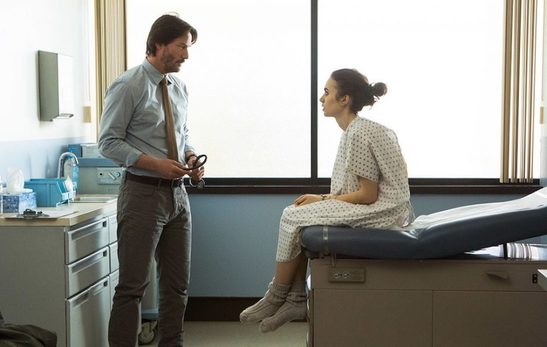
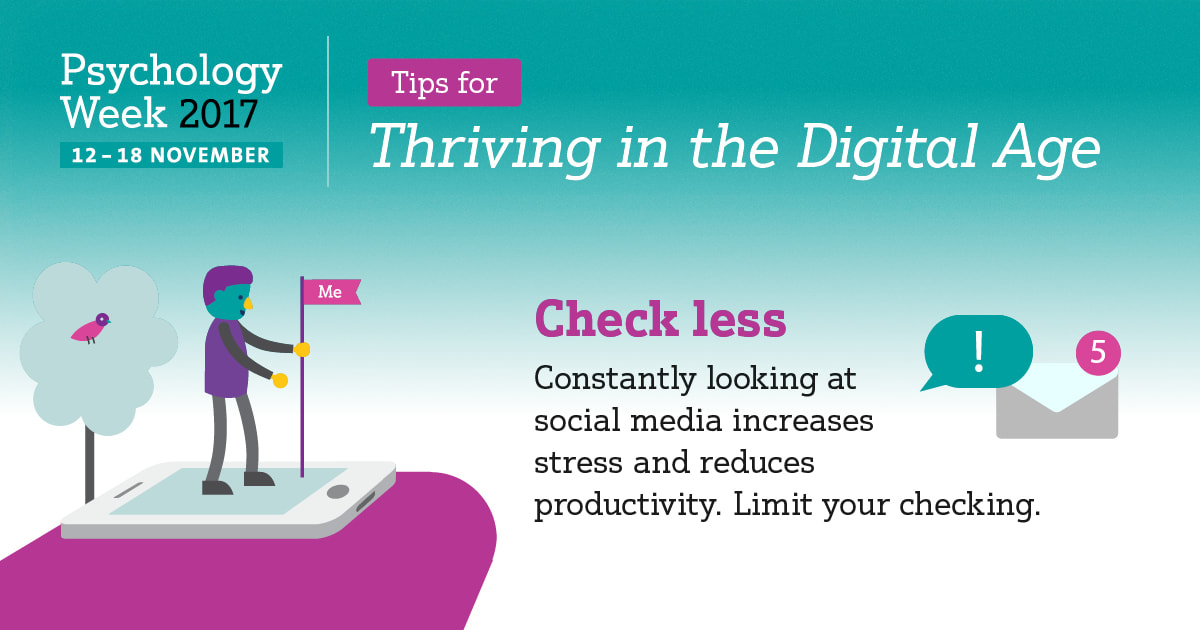
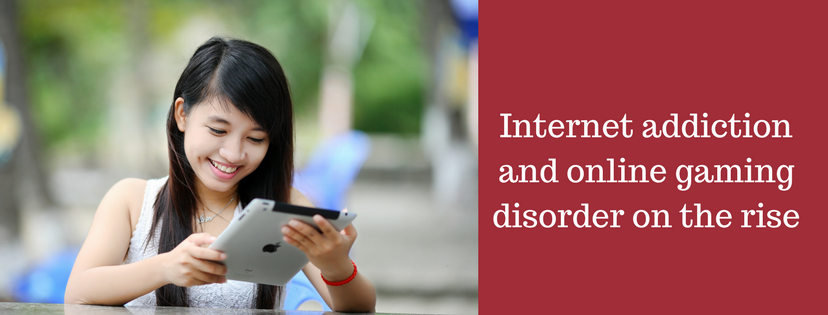
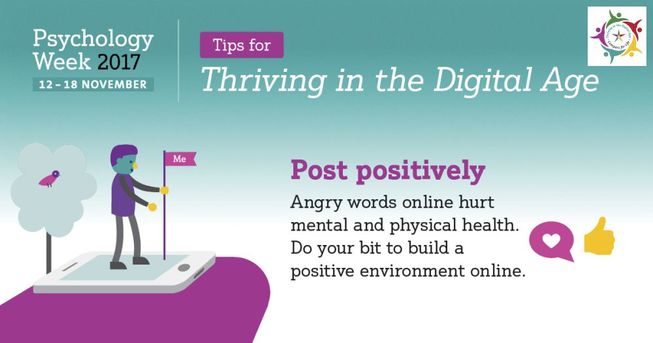
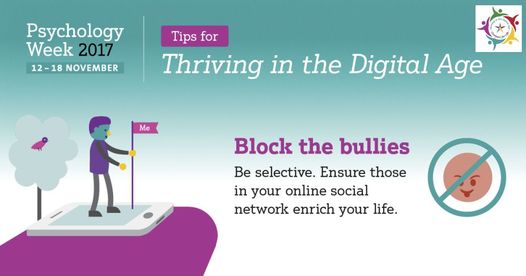

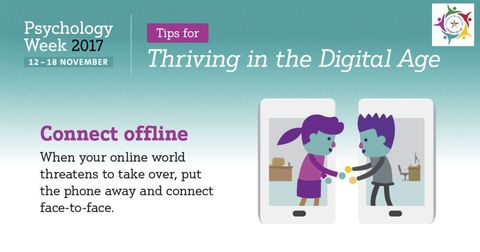
 RSS Feed
RSS Feed




